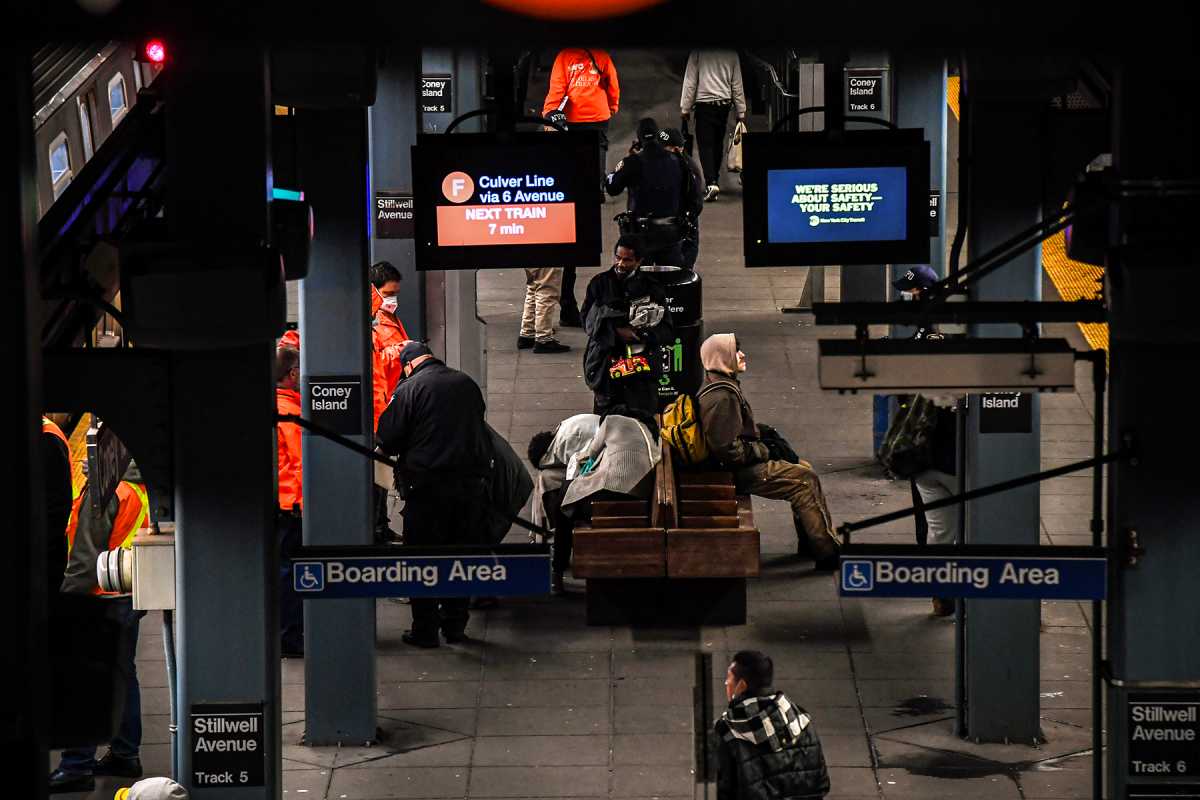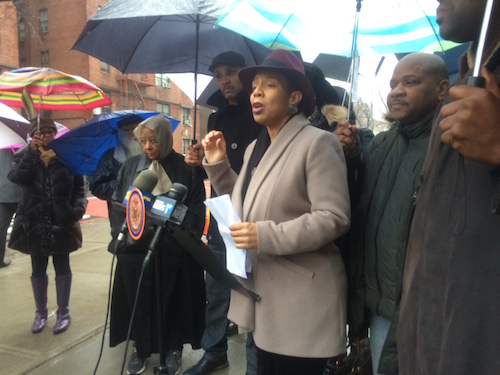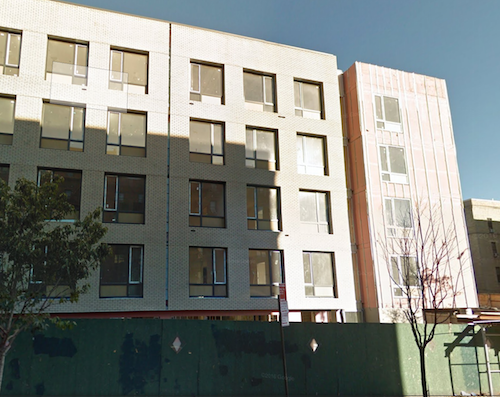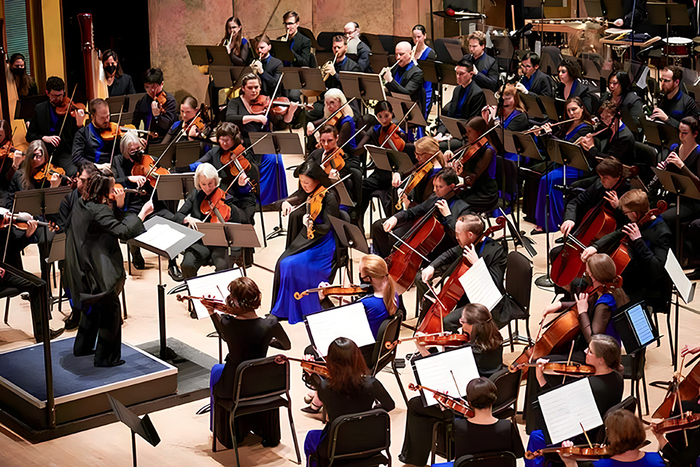A federal judge halted on July 13 the City’s plan to move 8,000 homeless residents out of hotels and back into shelters, ruling that the city officials were not putting adequate consideration into the health of those being moved.
The lawsuit comes from the Legal Aid Society, which has been advocating for the City to find permanent housing for the homeless. It’s the latest in what has been an ongoing back-and-forth between the City and advocates for the homeless.
“Today’s decision affirms that the City rushed the moves of homeless New Yorkers from safe placements in hotels back to crowded shelters without meeting its obligations, endangering the lives of New York’s most vulnerable residents,” said the Legal Aid Society’s Josh Goldfein and Jenner & Block Partner Dawn Smalls in a joint statement.
The ruling from Judge Gregory Howard Woods of the Federal District Court in Manhattan came on the same day that six protestors organized from the advocacy group Vocal-NY were arrested and then subsequently released after demonstrating in the lobby of the Department of Homeless Services (DHS) building.
“Sending us back into shelters or the streets is inhumane and ignores the evidence that says COVID-19 is still a threat,” said Miriam Ocana, a member of Vocal-NY in a statement. “We disrupted business as usual at 4 World Trade Center to send a message to Mayor de Blasio and the DHS: Forget the hotel transfers and help us access the safe, affordable housing every New Yorker deserves.”
The protestors were demanding permanent housing and the increase in street sweeps and harassment of homeless New Yorkers. There are also concerns that placing the homeless back into the shelters with the surge of COVID-19 cases due to the Delta variant would be putting them in danger.
Of the six protestors arrested, three were organizers and three were homeless union members. They criticized mayor de Blasio for insisting that people should be transferred back to crowded and dangerous shelters.
“It was totally unexpected with the arrests at the end. There was no warning and no time for people to actually leave,” said Paulette Soltani, the political director at Vocal-NY.
The protests and subsequent arrests are reflective of what has become a contentious issue between advocates of homeless individuals and the City. New York’s homeless crisis is well-documented and one that frustrated advocates. However, Mayor de Blasio has stressed that the placement of the homeless into hotels was always intended to be temporary.
Vocal-NY argues that the passage of Intro. 146 earlier this year and using new Section 8 vouchers have made it possible for the City to provide housing — and in turn, avoid putting the homeless at risk of contracting COVID-19 in shelters.
A spokesman for the city’s Department of Homeless Services told The New York Times that officials would make “minor adjustments to our process” and resume the moves next week.









